Lowering bad cholesterol naturally
Cholesterol isn’t inherently bad. In fact, it is an important substance and a certain amount of it is necessary to fulfil different key functions, i.e. building of cells; but having too much cholesterol in your system can elevate your risk of serious health problems.
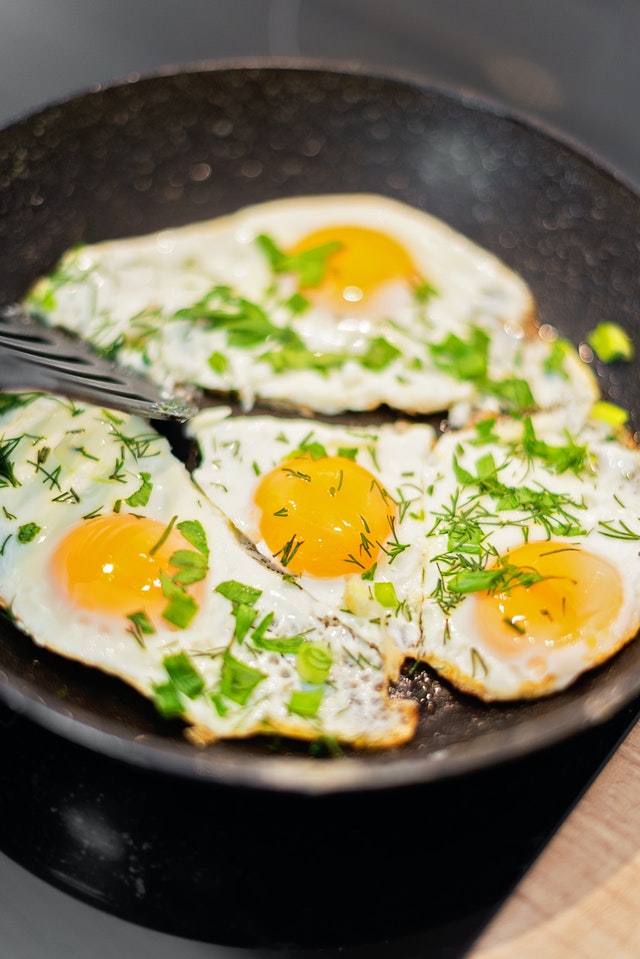
Your liver makes all the cholesterol you need, however, you can also get dietary cholesterol from eating animal products. Be aware that these contain quite a bit of saturated fats which causes the liver to make more cholesterol.
There are two types of cholesterol, the good and the bad one.
HDL or high-density lipoprotein is considered the good cholesterol while LDL or low-density lipoprotein is classified as the bad cholesterol.
Over time, the intake of too much LDL can cause a build-up of cholesterol along the inner artery walls causing an obstruction or blockage of the normal flow of blood and represents a high risk for cardiovascular health. Thus, one of the main drawbacks of hypercholesterolemia (high levels of cholesterol in the blood) is that it does not present specific symptoms. Normally, elevated cholesterol levels are usually detected after a relatively serious cardiovascular event.
Ideally a high level consume of HDL and low level of LDL would be advisable.
Many veggies are packed with antioxidants and important nutrients for the cardiovascular health. They are also excellent sources of fiber and if incorporated into the diet, it may help to reduce cholesterol levels.
Soluble fiber forms a gel-like consistency as it moves through the body and can combine with bile acids, quickly removing them from the body. As cholesterol is needed to produce bile acids, this process helps to decrease the cholesterol that is currently present, as the liver needs it to create more bile acids. According to a study performed by the Harvard School of Public Health and published in the American Journal of Clinical Nutrition, soluble fibers reduce both total and LDL cholesterol levels, although only by a small amount.
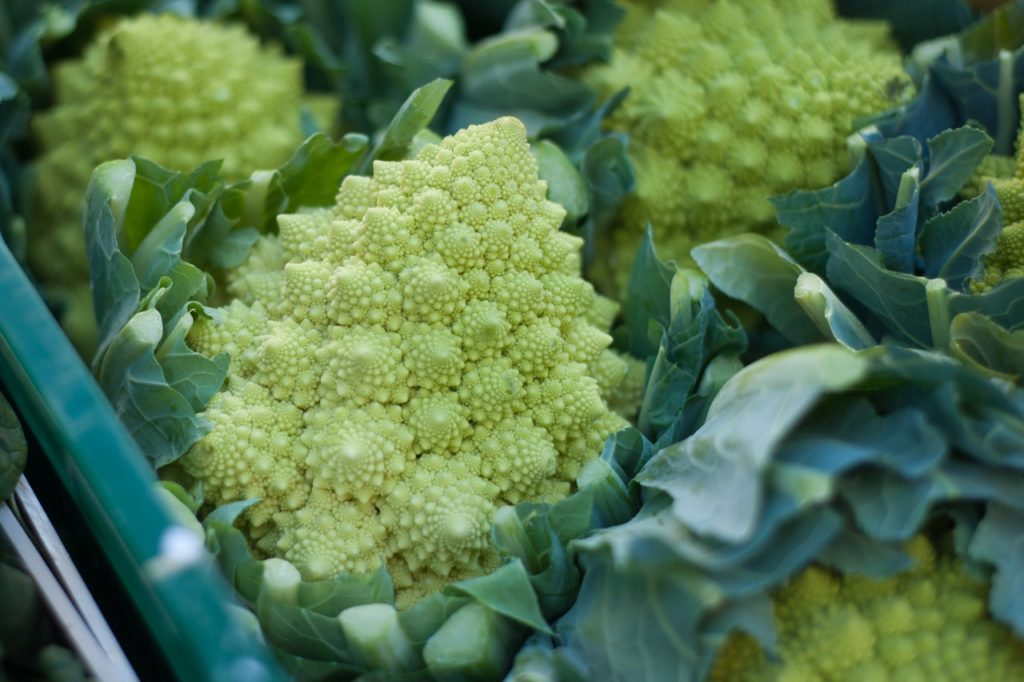
The best fruits and veggies that lower cholesterol tend to be those rich in fiber and a few select vitamins.
Niacin (also known as Vitamin B3) helps block how your liver makes cholesterol. According to the National Institute of Health, potatoes, raisins, tomatoes, bananas, apples, edamame, onion and spinach contain noteworthy sources of niacin, however, whole grains tend to have more.
Vitamin C is important for the general health and the repair of blood vessel walls while Vitamin A, Omega 3s and Omega 6s (contained in dark green vegetables) are also known to help lower cholesterol levels.
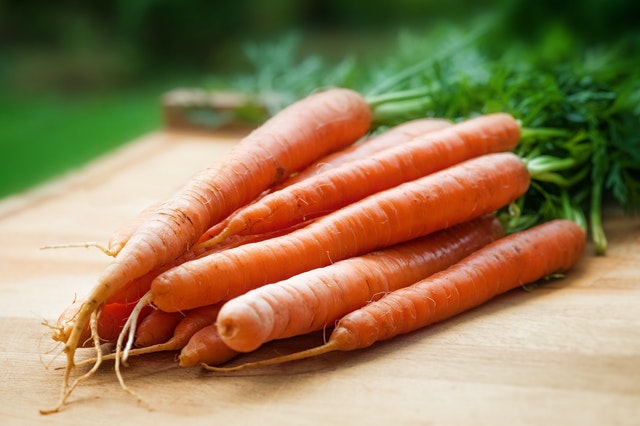
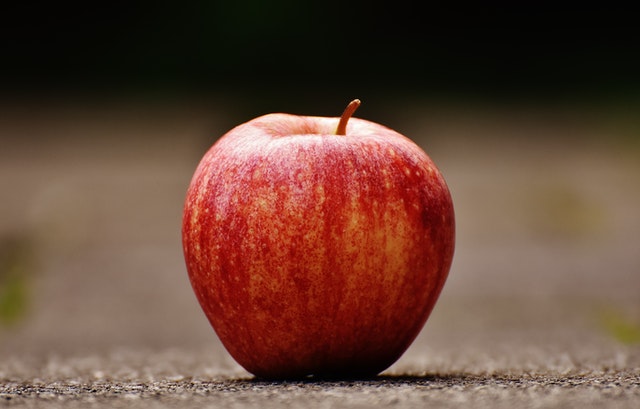
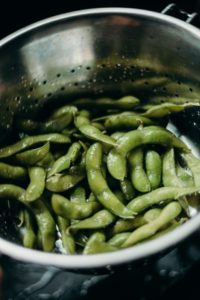
With that said, if you know that you need to work on lowering your cholesterol levels, what kind of fruits and vegetables will help?
What should be included in the diet regularly and what foods should be reduced for healthy cholesterol?
Reduce:
The intake of animal fats: One of the first measures to take is to reduce the consumption of foods with high amounts of fat, such as processed meats or meat with visible fat as well as the reduction of dairy products.
Incorporate:
Carbohydrates: Go for whole grain instead of white processed flour or white rice! Whole grain, also lentils, beans, oats, quinoa and fruit contain a lot of fiber and additionally provide more energy and a feeling of satiety.
Fruits and Vegetables: These cannot be absent.
Here is a list of some of the fruit and vegetables:
Oranges
Oranges contain pectin, that help traps cholesterol and carries it out of your body, where it is absorbed into the bloodstream. A medium-sized orange provides about 2-3 grams of soluble fiber, folate, vitamin C and potassium.
Grapefruit
Grapefruit (especially red grapefruit) contain an antioxidant called glutathione which can help neutralize free radicals. They assist in regulating lipids, including cholesterol.
Blueberries
Blueberries is one of the food with the highest amount of antioxidants. They contain LDL lowering Fiber and phytosterols. One cup of blueberries provides you with 3.6 grams of fiber, or 14 percent of of the dietary reference intake for women, 9 percent for men ages 19-50. Cranberries, strawberries and raspberries are a close second. These antioxidants help in fighting cellular aging.
Grapes
Grapes contain quercetin, which prevents LDL or bad cholesterol from clogging the arteries. Quercetin acts as an antioxidant, neutralizing free radicals—the chemical by-products that harm cell membranes and damage DNA. Quercetin is also present in apples, onions, teas, berries and in (yay) red wine
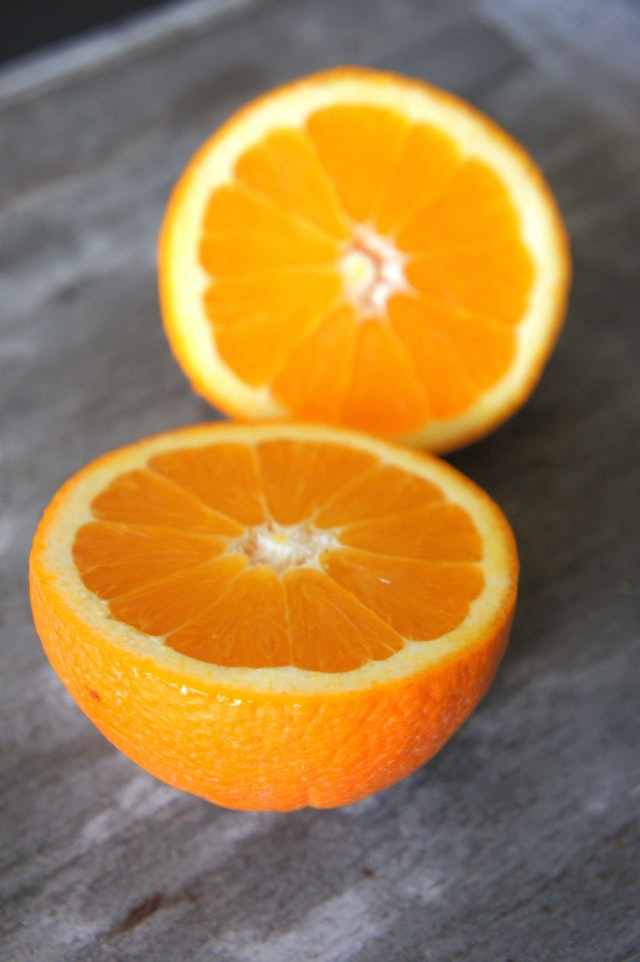
Cruciferous vegetables (Broccoli, Brussels Sprouts, Cabbage, Cauliflower, Kale, Bok Choy.
Brussels sprouts
This vegetable is rich in vitamin C, but also contain a high content of fiber. Thus, due to its characteristics, it helps the formation of good cholesterol and prevents the formation of accumulated fats on the walls of the arteries.
Broccoli
Broccoli is a great source of antioxidants, omega-3 fatty acids, dietary fiber and more then one dozen vitamins and minerals, including vitamins A, C, E and K.
Cabbage
Cabbage is rich in powerful antioxidants. You can choose to try a red cabbage and kale salad, added with garlic, a pinch of brown sugar and a dash of orange juice.
Tomatoes
Tomatoes are a good source of lycopene, which help fights against the build-up of cholesterol on the artery walls. It has a higher level of lycopene in cooked tomatoes.
Aubergines
It is a type of food of vegetable origin with an important composition of water, with a minimum content of fat and that presents a significant amount of fiber, especially in your skin. The FAO (United Nations Food Organization), assure that eggplants are good for reducing LDL cholesterol.
Carrots
Regularly eating carrots can have a beneficial effect on cholesterol levels. This root vegetable is high in soluble fiber, which helps to lower cholesterol levels. Carrots are also exceptionally high in protective antioxidants, including different carotenoids, some of which are precursors of vitamin A. Even drinking carrot juice is beneficial; it helps to flush out fats from the bile produced by the liver, thereby lowering cholesterol.
Onions
Onions help lower blood pressure. It also contain sulphides that help reduce the risk of stomach and colon cancer. You can choose to eat them raw or cooked for its benefits
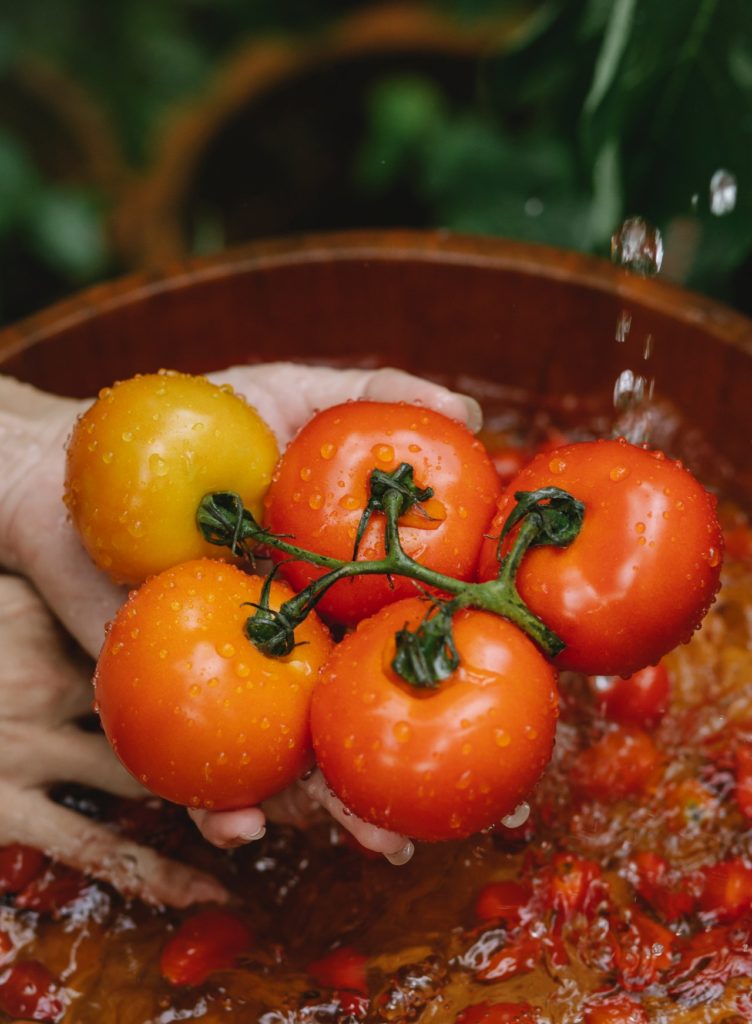
Garlic
Garlic has long been known as one of the best vegetables for heart health. Studies have shown that it can slightly lower blood cholesterol levels, although some studies have shown no benefits on patients who already have high LDL cholesterol levels. Penn State professor Yu-Yan Yeh studied the effects of garlic on blood cholesterol levels for years, using both animal and human trials. He found that some of the sulfur-containing compounds appear to inhibit the production of cholesterol in the liver. Yu-Yan Yeh concluded that garlic may not be as strong as cholesterol-lowering drugs, but it certainly can play a positive role for maintaining cardiovascular health.
Artichokes
The characteristics of this vegetable help protect the gallbladder and liver, in addition to helping to eliminate LDL (bad) cholesterol from the body. Being rich in cynarin and chlorogenic, it favors a better digestion of fats
Avocado
Although technically a fruit, avocado is often used as a vegetable, served in salads, on sandwiches and even as a great accompaniment to meat, eggs and fish. Avocados have been shown in research to lower cholesterol levels. In one 1996 study, published in the Archives of Medical Research, 45 participants consumed avocados daily for one week. The average drop in cholesterol was a whopping 17 percent. Avocado is an excellent food for reducing cholesterol, as it is high in monounsaturated fatty acids. It is also a rich source of beta-sitosterol, which has been shown to lower cholesterol in human clinical trails.
Soy beans
Soy beans are rich in calcium, iron, vitamin B and contains antioxidants that reduce the bad cholesterol or LDL and increase good cholesterol or HDL.
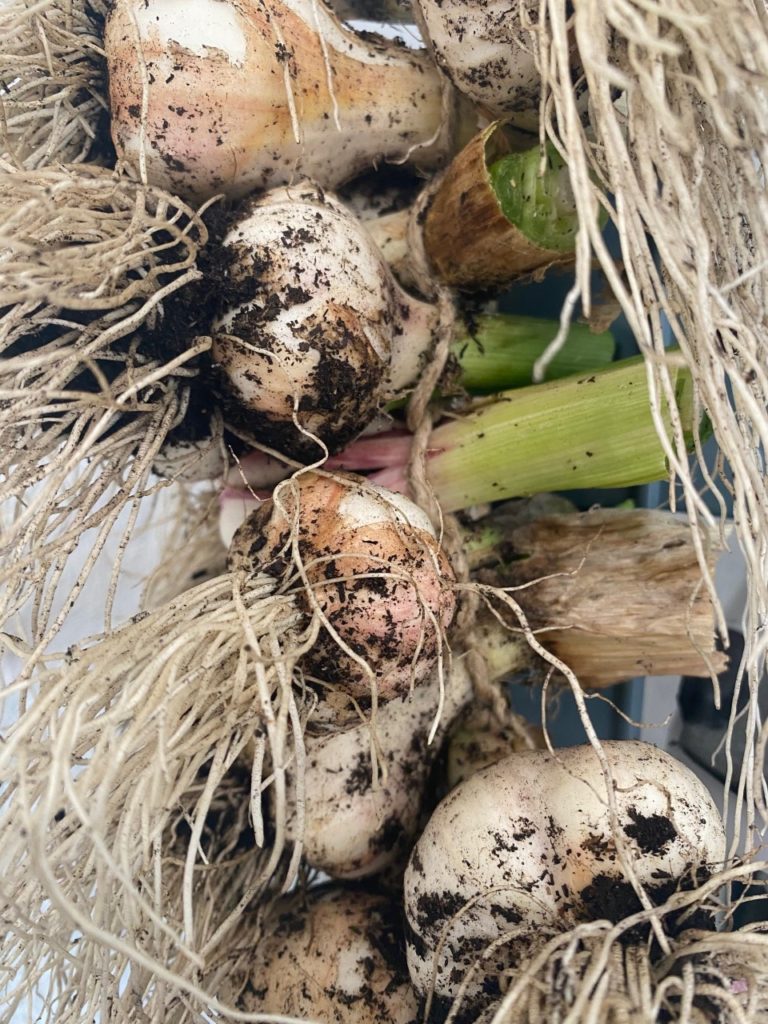
Be sure to eat a variety of both fruits and vegetables as each food provides its own unique set of beneficial phytochemicals and combination of fibers.
